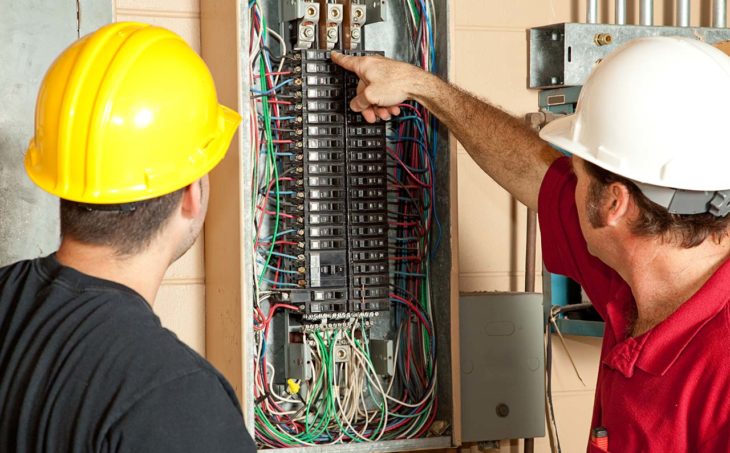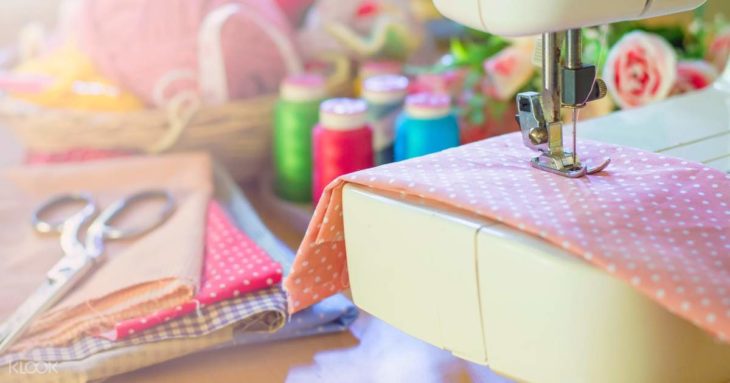Let’s start with epoxy resins , which are the most popular for making floors. Mechanical and thermal resistance and excellent water repellent properties: epoxy resin is a thermosetting polymer consisting of a resin and a hardener which, once mixed and hardened, create a vitrified layer. It is a ductile and easy-to-work resin, suitable for floors, but also for making walls and for creating furnishing elements garage floor resurfacing.
The methacrylic resins have excellent mechanical strength and just like all the resins are easily washed and sanitized. It is no coincidence that they are widely used in hospitals and in general in environments where a high level of hygiene must be guaranteed.
The cement resin is created by mixing the cement with the resin and this gives it excellent values in terms of resistance. This type of resin adapts well to domestic floors and is durable over time-.
Among the best known resins we also find acrylic , more liquid than epoxy. As peculiar characteristics we mention its resistance to temperature changes, chromatic stability and its breathability.
Resin floor: pros and cons
In addition to the properties of the resin already mentioned, such as resistance , there are other positive aspects that lead to choose the resin floor, including its appearance.
In fact, this type of floor is completely uniform , without joints or junctions, but in a monolithic and homogeneous form, ensuring a pleasant visual impact. The resin is also a resistant material also from a chemical point of view, very hygienic , since the floor is continuous and without joints, easy to clean and insensitive to mold and bacteria.
Even the installation phase is not difficult, but on the contrary it represents an additional advantage, since the works are quite simple and fast, allowing you to lay the resin floor on the existing floor without any demolition work. Of course, it is still advisable to contact a professional.
In addition, the resin floor is a suitable solution even in homes equipped with underfloor heating , a choice increasingly shared in renovations, in fact the resin helps the passage of heat.
It is precisely all these advantages that, in recent years, have ensured that the resin has gathered a lot of support even in the private sector. The resin also boasts waterproofing properties , which is why it is also used outdoors.















